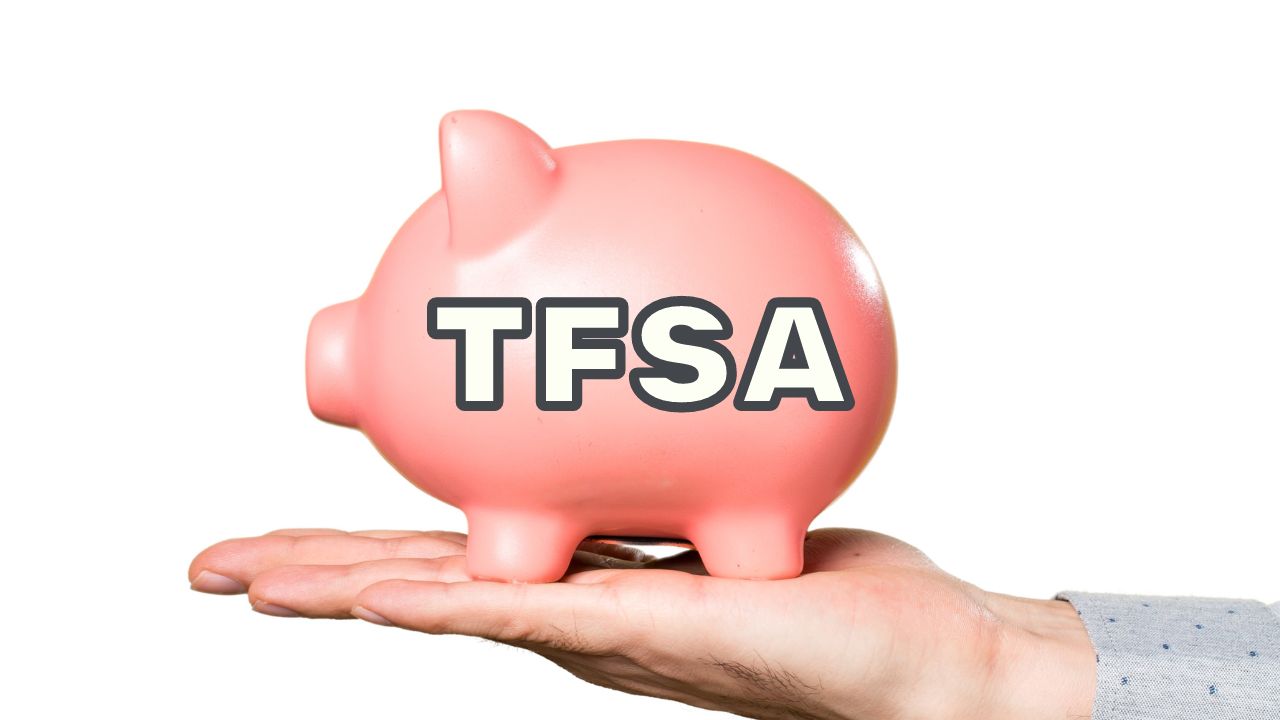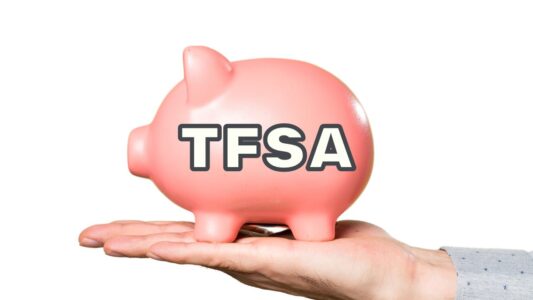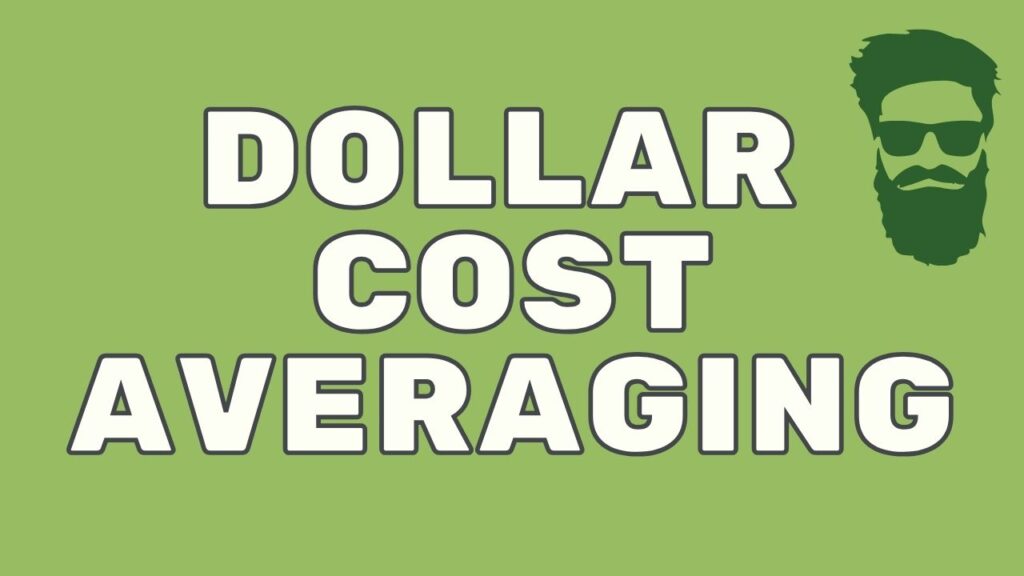Tax-free savings accounts (TFSAs) are designed to help Canadians save more. A TFSA can help you save and invest for any future goal.
What is a TFSA?
The Tax-Free Savings Account (TFSA) program began in 2009. Any amount contributed to the TFSA, as well as any income earned in the account is generally tax-free, even when it is withdrawn. Any individual that is a resident of Canada who has a valid SIN and who is 18 years of age or older is eligible to open a TFSA.
What is the TFSA Contribution Limit for 2024?
The annual TFSA contribution limit for 2024 is $7,000 and you can carry forward unused contribution room from previous years up to $95,000. Your TFSA contribution room information can be found by using the government of Canada: My Account
How to Find Your TFSA Contribution Room Information
Your TFSA contribution room information can be found by using one of the following services:
- My Account at canada.ca/my-cra-account
- MyCRA at canada.ca/cra-mobile-apps
- Represent a Client at canada.ca/taxes-representatives if you have an authorized representative
- Tax Information Phone Service (TIPS) at 1-800-267-6999
Historical TFSA Contribution Room Limits
You pay no tax on any investment income you may earn in your TFSA and you can withdraw funds from a TFSA without paying tax. The higher the return potential on your investments, the faster your savings may grow, tax-free. A TFSA offers you the flexibility to save for various short-term and long-term goals, usually, with easy access to your money depending on the type of investment you hold.
| Year | Annual Contribution Amount | Total Contribution Room |
|---|---|---|
| 2009 | $5,000 | $5,000 |
| 2010 | $5,000 | $10,000 |
| 2011 | $5,000 | $15,000 |
| 2012 | $5,000 | $20,000 |
| 2013 | $5,500 | $25,500 |
| 2014 | $5,500 | $31,000 |
| 2015 | $10,000 | $41,000 |
| 2016 | $5,500 | $46,500 |
| 2017 | $5,500 | $52,000 |
| 2018 | $5,500 | $57,500 |
| 2019 | $6,000 | $63,500 |
| 2020 | $6,000 | $69,500 |
| 2021 | $6,000 | $75,500 |
| 2022 | $6,000 | $81,500 |
| 2023 | $6,500 | $88,000 |
| 2024 | $7,000 | $95,000 |
What Happens if I Over Contribute to a TFSA this Year?
A penalty will be assessed by the Canada Revenue Agency (CRA) of 1% per month on your excess contribution. Administrative or other fees in relation to a TFSA and any interest on money borrowed to contribute to a TFSA are not tax-deductible.
What Types of Investments Can I Buy in My TFSA?
A TFSA can hold a variety of investments, including guaranteed investment certificates (GICs), mutual funds, portfolio solutions and savings deposits. The types of investments you can add to the TFSA can vary, depending on your reasons for investing and your risk appetite.
Can I Contribute to My Spouse’s TFSA?
You will be able to contribute to a spouse’s TFSA without affecting your own contribution room. Income attribution rules, which currently govern RRSPs, do not apply.
Are TFSA Withdrawals Subject to Income Tax?
Withdrawals can be made tax-free and will not increase your income for the year. Since withdrawals are not taxed or considered taxable income, there will be no impact to your income-tested benefits and credits from the federal government, such as Old Age Security (OAS) and Guaranteed Income Supplement (GIS) or credits such as the age credit. If you withdraw from your TFSA, you don’t permanently lose your contribution room.
If I Withdraw Money from My TFSA, can I Re-contribute this Amount Later in the Tax Year?
Withdrawals you make in the current calendar year will be added to your unused contribution room. You must wait until the following calendar year or later to re-contribute these amounts. You can re-contribute amounts you have withdrawn in the following year (or years).
Death & Taxes
If you designate your spouse or common-law partner as a “successor holder,” you may allow them to assume your plan on your death without affecting their own TFSA. You may also designate beneficiaries to receive the funds in your plan upon your death. Upon death of a TFSA accountholder, an amount up to the FMV of the plan as of the date of death is received tax-free to the beneficiary of the TFSA, or to the deceased’s estate if no beneficiary is named. Any payment made to a beneficiary of the TFSA that relates to an increase in value from the date of death and that is paid out by the end of the year following the year of death is generally taxable to the beneficiary. These amounts will be reported on a T4A tax slip and identified as “other income.” The amount is to be included as income to the beneficiary for the year that it is paid. A beneficiary designation may be made directly on the TSA or through instruction of the deceased TFSA accountholder’s Will.
Exempt contribution(s)
The spouse or common-law partner of a deceased accountholder is considered a “survivor.” If a survivor directly or indirectly acquires the rights to the TFSA plan as the beneficiary, it is possible to transfer the proceeds over to his or her own TFSA and designate this contribution as an “exempt contribution.” An exempt contribution will not affect the survivor’s own TSA contribution room, nor does the survivor require TFSA contribution room to make the contribution. It is important to note that only a spouse or common-law partner can be considered a survivor and make use of the exempt contribution; beneficiaries other than a survivor in receipt of a payment from the deceased accountholder’s TFSA are not able to contribute and designate any amount as an exempt contribution.
In order to ensure the contribution by the survivor is considered an exempt contribution, the contribution should be made within the “rollover period.” This period continues up to December 31 of the calendar year following the year of death (or any later time that is approved and acceptable by the CRA). Also, the survivor must file the prescribed CRA form RC240 entitled Designation of an Exempt Contribution Tax-Free Savings Account (TFSA) within 30 days after the day the contribution is made to designate the contribution as an exempt contribution.
Note that the exempt contribution amount is generally limited to the FMV at the date of death and the payment must be contributed to the survivor’s respective TFSA during the rollover period.
An exempt contribution can be designated by a survivor even if they are not named as the TFSA beneficiary. Where a survivor is entitled to the TFSA proceeds under the Will (for example, being the sole estate beneficiary), an amount paid from the deceased’s TFSA to the estate upon death and subsequently paid to the survivor and contributed to the survivor’s TFSA qualifies as an exempt contribution. The CRA has commented in the past that if there is a decline in the TFSA account value after death, the amount that may be designated as an exempt contribution is limited to the lower of the amount paid from the TFSA to the deceased’s estate and the FMV on the date of death, provided the survivor receives at least that amount from the estate as an estate beneficiary.
Successor TFSA Accountholder
The TFSA accountholder may designate his or her spouse or common-law partner as a successor TFSA accountholder directly on the TFSA. Upon death of the TFSA accountholder, the proceeds of the TFSA plan simply continue to remain in the tax-sheltered vehicle and the successor TSA aceuse is accounthe wa is an excuss Se one bution postion print to his or her death, the successor TFSA accountholder is deemed to have made a TFSA contribution for the amount of this excess at the beginning of the month following his or her death.




